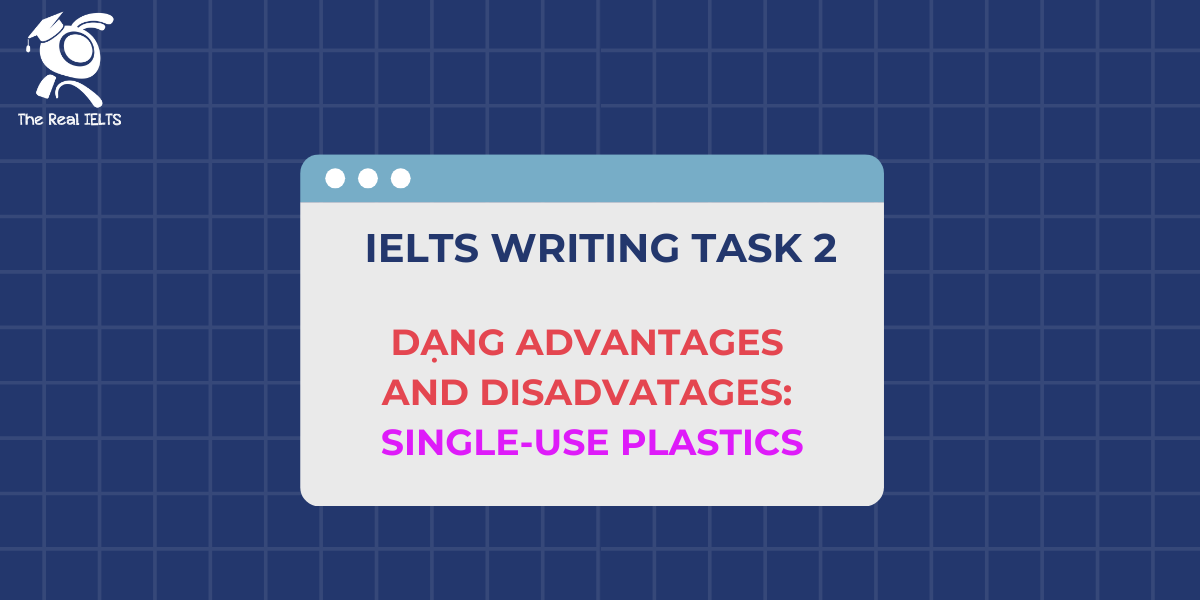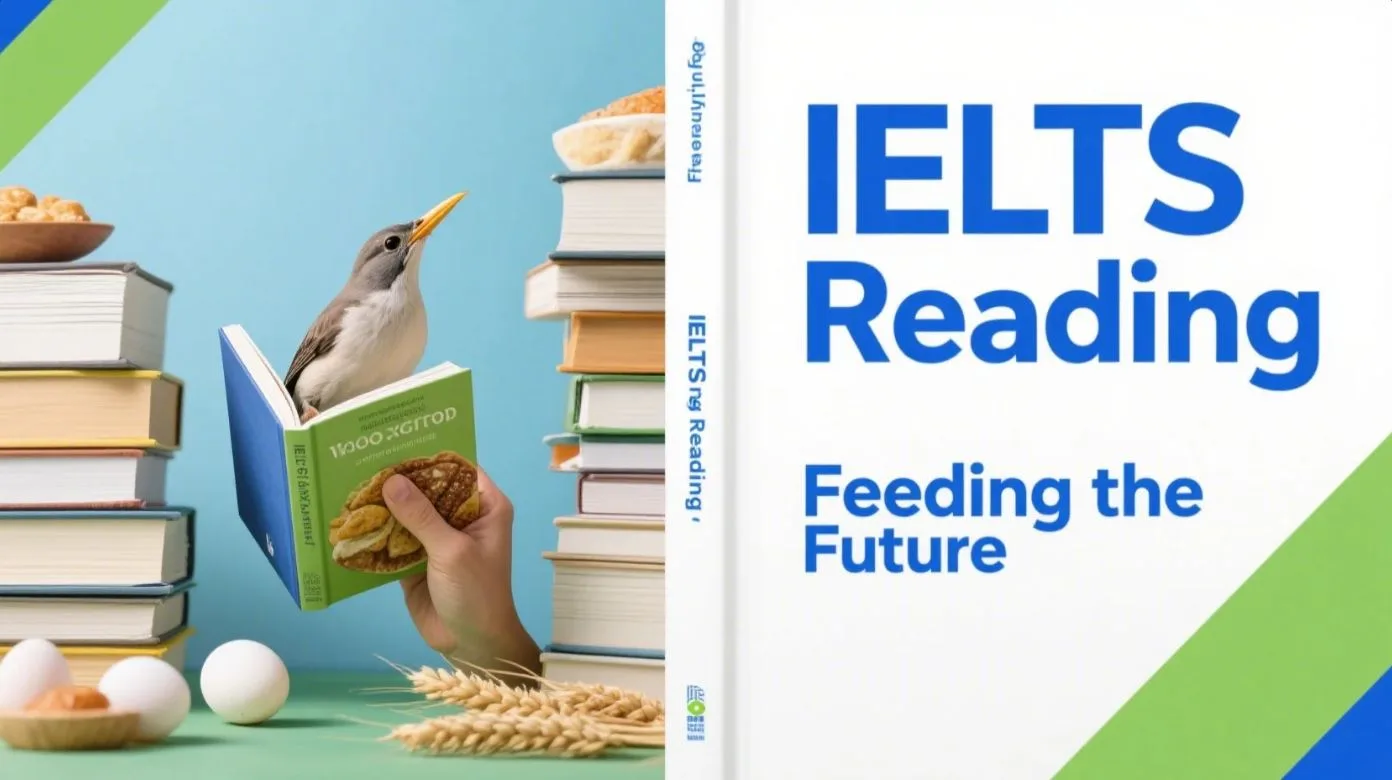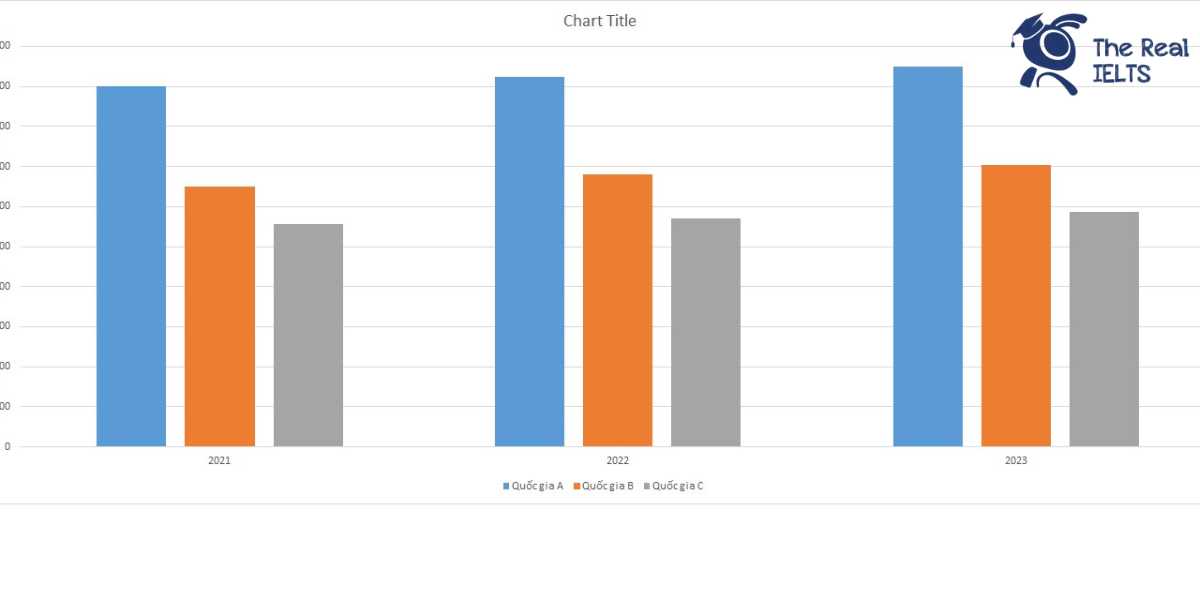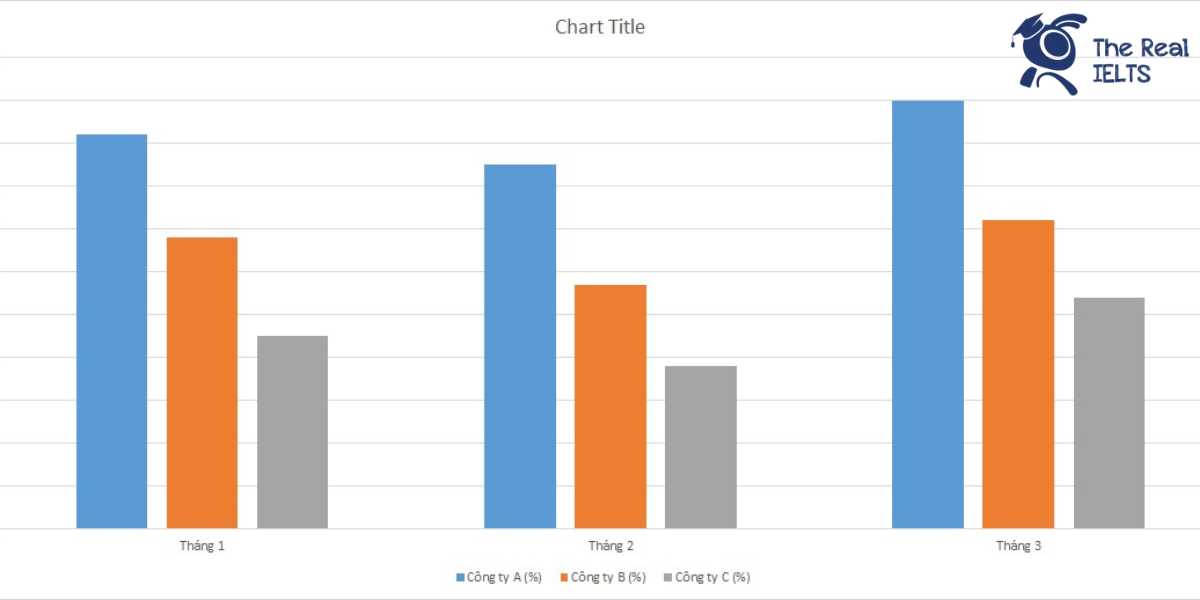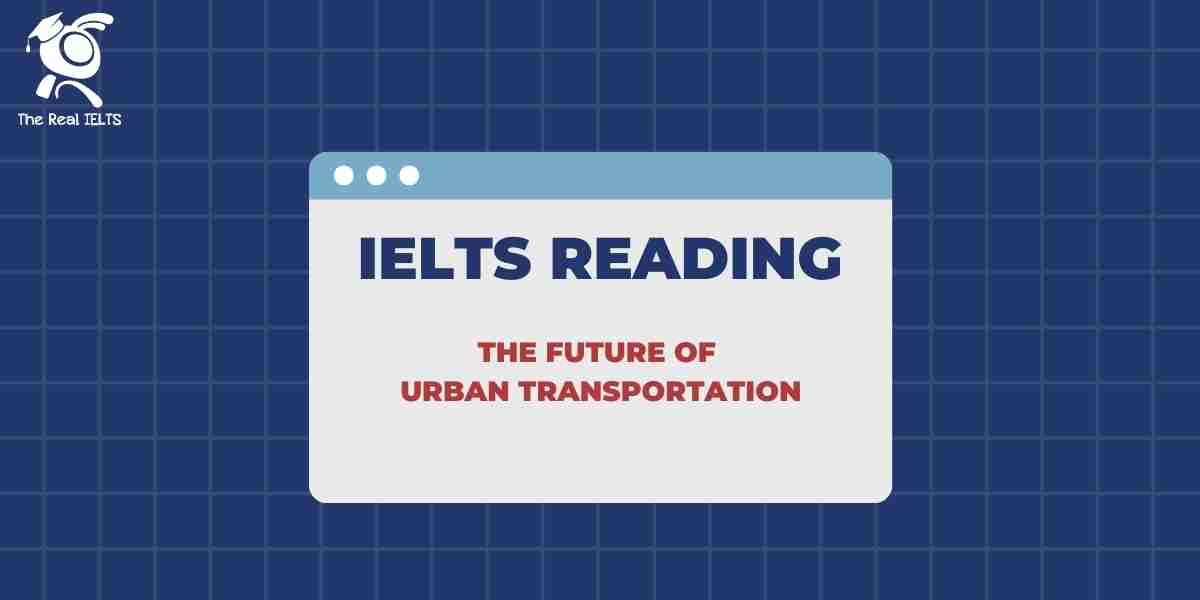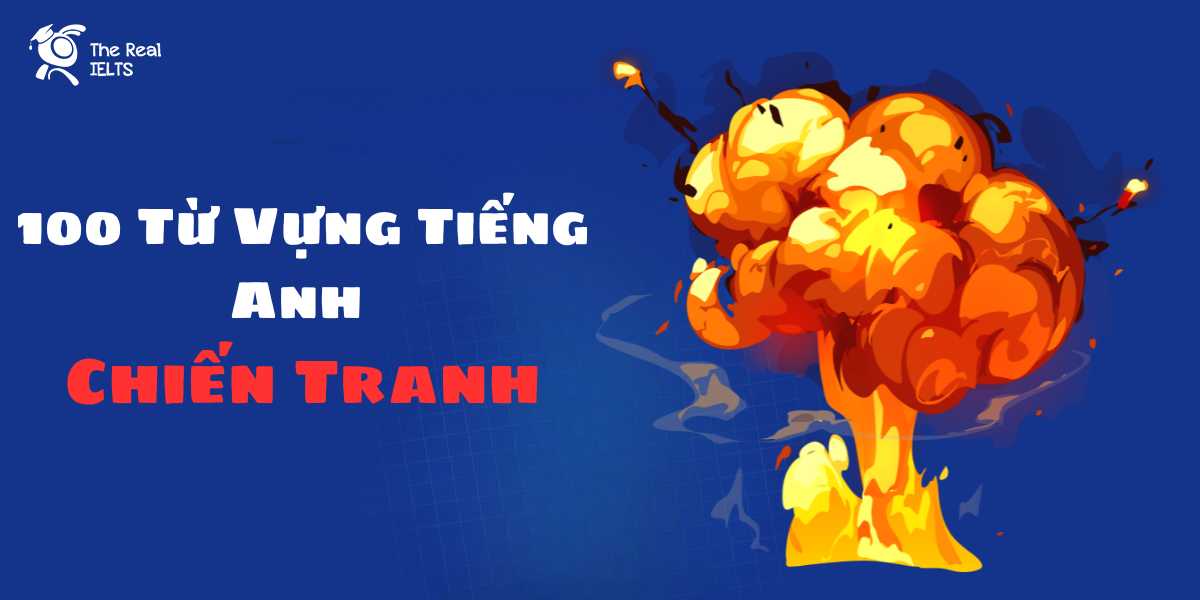Đề bài IELTS Writing task 2 dạng dạng Advantages and Disadvatages: Single-Use Plastics
You should spend about 40 minutes on this task
The ban on single-use plastics to combat pollution. Do the advantages of this outweigh the disadvantages?
Write at least 250 words.
Bài mẫu IELTS Writing Task 2 dạng Advantages and Disadvatages: Single-Use Plastics
Introduction:
The global issue of plastic pollution has prompted many governments to impose bans on single-use plastics as a measure to combat environmental damage. While such policies aim to reduce waste and protect ecosystems, they also raise concerns regarding practicality and economic impact. In this essay, I will discuss the advantages and disadvantages of banning single-use plastics and argue that the benefits outweigh the drawbacks.
Body Paragraph 1 (Advantages):
One significant advantage of banning single-use plastics is the reduction of environmental pollution. Plastic waste, especially from single-use items like straws and bags, contributes significantly to the pollution of oceans and landfills, harming marine life and ecosystems. By banning these plastics, countries can greatly decrease the amount of non-biodegradable waste that accumulates in the environment. For example, after Kenya implemented its plastic bag ban in 2017, there was a notable reduction in plastic litter across the country.
Another key benefit is the encouragement of sustainable alternatives. A ban on single-use plastics pushes both consumers and companies to adopt more eco-friendly options, such as reusable bags or biodegradable packaging. This shift not only helps reduce pollution but also fosters innovation in the production of sustainable materials. For instance, many businesses in Europe have switched to using compostable materials in packaging following the EU’s restrictions on single-use plastics.
Body Paragraph 2 (Disadvantages):
However, there are also some disadvantages to consider. One major drawback is the economic burden placed on businesses, especially small ones. The production of alternatives to plastic can be more costly, leading to higher expenses for companies. In developing countries, where access to affordable alternatives is limited, small vendors may struggle to adapt. For example, in India, many small-scale traders have faced challenges in complying with the plastic ban due to the high cost of substitutes like cloth or paper bags.
Another downside is the inconvenience for consumers. Single-use plastics are often favored for their convenience and affordability, and without suitable alternatives, the ban may disrupt daily life. For example, plastic packaging is commonly used in the food industry for hygienic and cost-effective purposes. In the absence of affordable alternatives, consumers may face increased costs or decreased convenience when purchasing packaged goods.
Conclusion:
In conclusion, while the ban on single-use plastics does present some challenges, particularly for businesses and consumers, the long-term environmental benefits outweigh these disadvantages. The reduction in plastic waste and the promotion of sustainable alternatives are crucial steps in addressing global pollution and protecting ecosystems. Therefore, despite some inconveniences, the overall positive impact of banning single-use plastics makes it a necessary policy for a cleaner future.
Các từ vựng tiếng Anh cần lưu ý trong bài viết
1. Từ vựng liên quan đến môi trường:
- Plastic waste (rác thải nhựa): Chất thải từ các sản phẩm nhựa, đặc biệt là nhựa sử dụng một lần.
- Non-biodegradable (không phân hủy sinh học): Chỉ các vật liệu không thể tự phân hủy trong môi trường tự nhiên.
- Marine life (sinh vật biển): Các loài sinh vật sống dưới đại dương.
- Pollution (ô nhiễm): Sự nhiễm bẩn hoặc phá hủy môi trường bởi chất độc hại.
2. Từ vựng về chính sách và pháp luật:
- Ban (cấm): Một quy định chính thức để ngăn cấm việc sử dụng hoặc tiêu thụ một sản phẩm.
- Implemented (được thực hiện): Áp dụng hoặc thi hành một chính sách, luật lệ.
- Restrictions (hạn chế): Các biện pháp để giới hạn hoặc ngăn chặn một hoạt động.
3. Từ vựng liên quan đến kinh tế và thương mại:
- Sustainable alternatives (các lựa chọn thay thế bền vững): Các sản phẩm thân thiện với môi trường và có thể duy trì lâu dài.
- Economic burden (gánh nặng kinh tế): Áp lực tài chính hoặc chi phí cao đối với doanh nghiệp hoặc cá nhân.
- Small-scale traders (các nhà buôn nhỏ lẻ): Những doanh nghiệp nhỏ, thường gặp khó khăn khi thay đổi mô hình kinh doanh.
4. Từ vựng liên quan đến xã hội:
- Convenience (sự tiện lợi): Điều kiện dễ dàng và thuận tiện trong việc sử dụng sản phẩm.
- Affordability (sự phù hợp về giá cả): Khả năng chi trả hoặc giá cả hợp lý cho một sản phẩm hoặc dịch vụ.
- Inconvenience (sự bất tiện): Sự khó khăn hoặc không thoải mái do thiếu sự thuận tiện.
5. Cụm từ diễn đạt trong văn viết học thuật:
- Combat pollution (chống lại ô nhiễm): Hành động hoặc nỗ lực để ngăn chặn hoặc giảm thiểu ô nhiễm.
- Significant reduction (giảm đáng kể): Sự sụt giảm mạnh về số lượng hoặc mức độ.
- Fosters innovation (khuyến khích đổi mới): Thúc đẩy sự sáng tạo và phát triển ý tưởng mới.
- Raise concerns (dấy lên mối lo ngại): Gây ra sự lo lắng hoặc tranh cãi về một vấn đề.
6. Từ nối và cụm từ liên kết (Linking words and phrases):
- While (mặc dù): Được sử dụng để thể hiện sự đối lập giữa hai ý tưởng.
- For example (ví dụ): Dùng để dẫn chứng cụ thể cho một ý tưởng đã trình bày.
- However (tuy nhiên): Dùng để thể hiện sự chuyển đổi ý tưởng, từ một lợi ích sang bất lợi.
- Therefore (vì vậy): Diễn tả kết quả hoặc hậu quả của một vấn đề.
7. Từ vựng về các giải pháp và hậu quả:
- Promote (thúc đẩy): Hành động khuyến khích sự phát triển hoặc sự phổ biến của một điều gì đó.
- Adopt (chấp nhận, áp dụng): Chuyển sang sử dụng một giải pháp mới.
- Disrupt (gián đoạn): Làm gián đoạn hoặc gây rối trong một quá trình hoặc thói quen.
Thống kê cấu trúc câu và cấu trúc ngữ pháp
1. Cấu trúc câu:
- Câu đơn (Simple sentences):
- “Plastic waste, especially from single-use items like straws and bags, contributes significantly to the pollution of oceans and landfills, harming marine life and ecosystems.”
- “By banning these plastics, countries can greatly decrease the amount of non-biodegradable waste that accumulates in the environment.”
- Câu ghép (Compound sentences):
- “While such policies aim to reduce waste and protect ecosystems, they also raise concerns regarding practicality and economic impact.”
- “In conclusion, while the ban on single-use plastics does present some challenges, particularly for businesses and consumers, the long-term environmental benefits outweigh these disadvantages.”
- Câu phức (Complex sentences):
- “For example, after Kenya implemented its plastic bag ban in 2017, there was a notable reduction in plastic litter across the country.”
- “By banning these plastics, countries can greatly decrease the amount of non-biodegradable waste that accumulates in the environment.”
- Câu ghép phức (Compound-complex sentences):
- “Another downside is the inconvenience for consumers, as single-use plastics are often favored for their convenience and affordability, and without suitable alternatives, the ban may disrupt daily life.”
2. Cấu trúc ngữ pháp:
- Mệnh đề quan hệ (Relative clauses):
- “Plastic waste, especially from single-use items like straws and bags, contributes significantly to the pollution of oceans and landfills.”
- “In developing countries, where access to affordable alternatives is limited, small vendors may struggle to adapt.”
- Mệnh đề chỉ mục đích (Purpose clauses):
- “A ban on single-use plastics pushes both consumers and companies to adopt more eco-friendly options, such as reusable bags or biodegradable packaging.”
- Câu điều kiện (Conditional sentences):
- “In the absence of affordable alternatives, consumers may face increased costs or decreased convenience when purchasing packaged goods.”
- Thì hiện tại đơn (Present simple tense):
- “Single-use plastics are often favored for their convenience and affordability.”
- Thì hiện tại hoàn thành (Present perfect tense):
- “Many businesses in Europe have switched to using compostable materials in packaging following the EU’s restrictions on single-use plastics.”
- Cấu trúc bị động (Passive voice):
- “By banning these plastics, countries can greatly decrease the amount of non-biodegradable waste that accumulates in the environment.”
- Liên từ (Conjunctions):
- While: “While the ban on single-use plastics does present some challenges, the long-term environmental benefits outweigh these disadvantages.”
- However: “However, there are also some disadvantages to consider.”
- Cụm danh từ (Noun phrases):
- “The production of alternatives to plastic can be more costly, leading to higher expenses for companies.”
3. Các cấu trúc ngữ pháp đáng chú ý khác:
- Câu so sánh (Comparative sentences):
- “Single-use plastics are often favored for their convenience and affordability.”
- Cấu trúc động từ khiếm khuyết (Modal verbs):
- “The ban may disrupt daily life.”
- “Countries can greatly decrease the amount of non-biodegradable waste.”
Đọc thêm về bài viết gợi ý luyện thi IELTS.


